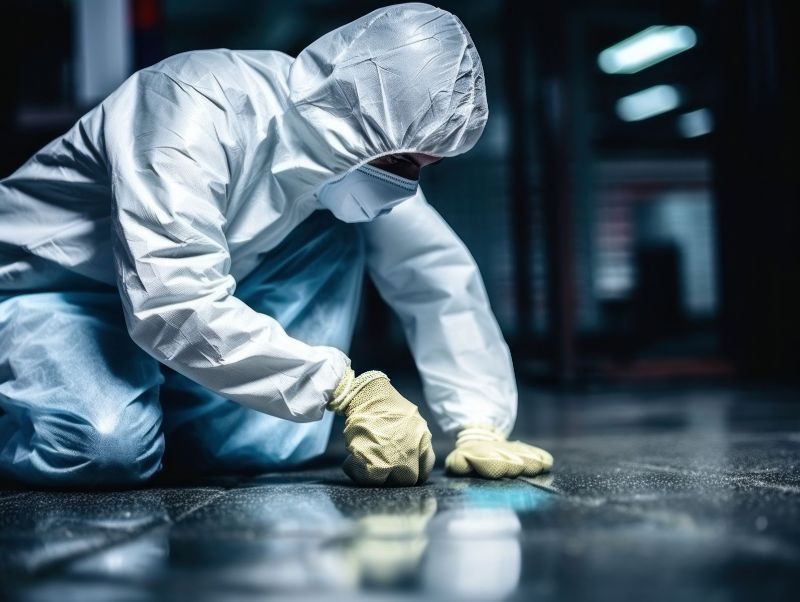Crime scenes are often chaotic and distressing environments, leaving behind physical remnants of traumatic events. In the aftermath, there arises a crucial need for meticulous cleanup and restoration. However, beyond the technical expertise required for this task lies a deeper aspect – the compassionate handling of the situation. Crime scene cleanup professionals not only restore the physical environment but also provide emotional support to those affected. In this blog, we delve into the significance of compassion and care in every detail of crime scene cleanup.
Understanding the Complexity:
Crime scenes vary widely, ranging from violent crimes to accidents and suicides. Each scenario demands a unique approach, as cleanup professionals must navigate through potentially hazardous materials while respecting the dignity of the deceased and the emotions of the bereaved. This complexity underscores the importance of professionalism intertwined with empathy.
Compassion in Action:
Compassion is not merely a buzzword in crime scene cleanup; it's a guiding principle that informs every action. From the initial assessment to the final cleanup, professionals approach their tasks with sensitivity and understanding. They recognize the profound impact that the event has had on the individuals involved and strive to alleviate their burden through respectful and discreet service.
Communication and Empathy:
Effective communication is paramount in this field. Cleanup professionals must engage with clients and stakeholders with empathy, ensuring that their concerns are heard and addressed. Whether dealing with grieving families or law enforcement personnel, a compassionate demeanor fosters trust and facilitates the process of restoration.
Respect for Privacy and Dignity:
Privacy and dignity are non-negotiable aspects of crime scene cleanup. Professionals work diligently to minimize disruptions and maintain confidentiality throughout the cleanup process. They handle personal belongings and sensitive materials with the utmost care, recognizing their significance to the affected individuals.
Support Beyond Cleanup:
The aftermath of a crime extends far beyond the physical cleanup. Cleanup professionals often serve as a source of support and guidance for those grappling with trauma and loss. They may provide referrals to counseling services or offer a compassionate ear to listen to concerns. This holistic approach acknowledges the emotional toll of the event and aims to provide comprehensive support to those in need.
Training and Certification:
Behind every compassionate cleanup operation lies extensive training and certification. Professionals undergo rigorous instruction in biohazard cleanup, hazardous materials handling, and decontamination techniques. Additionally, they receive education in trauma-informed care, enabling them to approach their work with sensitivity and compassion.
Community Outreach and Education:
Beyond their core responsibilities, crime scene cleanup professionals engage in community outreach and education initiatives. By raising awareness about the importance of proper cleanup procedures and the impact of trauma, they contribute to the well-being of society at large. These efforts foster a culture of compassion and understanding surrounding crime scene cleanup.
Crime scene cleanup is a profession that requires not only technical expertise but also compassion and care. In every detail of the cleanup process, professionals prioritize the well-being of those affected by traumatic events. Through respectful communication, diligent work, and ongoing support, they strive to restore both the physical environment and the emotional landscape. In doing so, they embody the true essence of compassion – providing solace and assistance in times of need.

